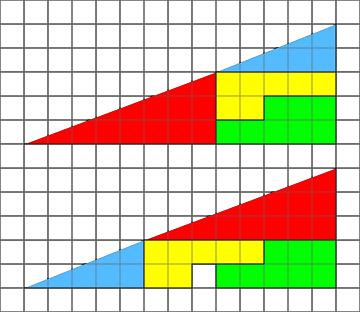A neuropsychological assessment focuses on arriving at a diagnosis of
the underlying problem and obtaining a detailed understanding of the
resulting cognitive or psychological difficulty and its impact on the
patient's life. A series of assessments may also be used to measure
the way a deficit changes over time, either to determine the course of
an illness or to ascertain the effects of a treatment or rehabilitation
program.
The assessment includes a detailed clinical interview and history. However, much of the
objective data comes from administration of
neuropsychological tests designed to measure
specific neurocognitive processes, including orientation, learning and memory, intelligence,
language skills, visual perception and executive functions. The patient's score on a test is
typically compared to data from a large reference sample matched to parameters such as
the patient's age, educational level and gender. The resulting statistically based scores
provide a measure of the degree of impairment with respect to the reference
population. The assessment will also examine other relevant circumstances such as the
patient's personal and interpersonal relationships.
| |

The Missing Square Puzzle
|


